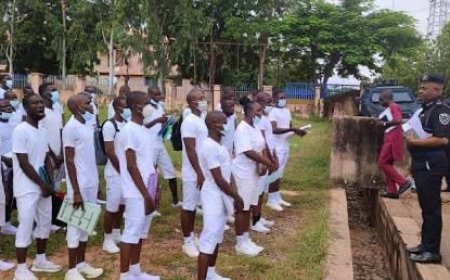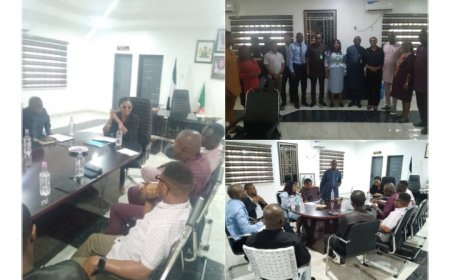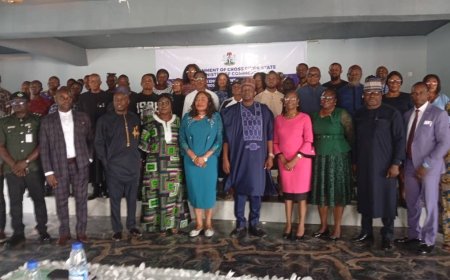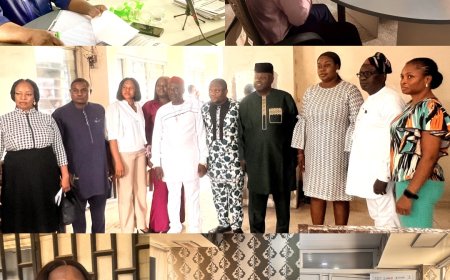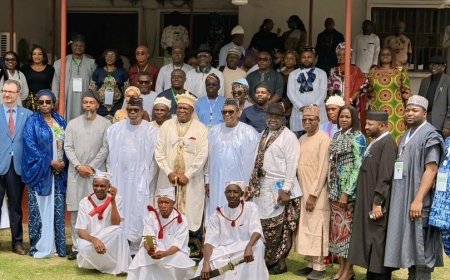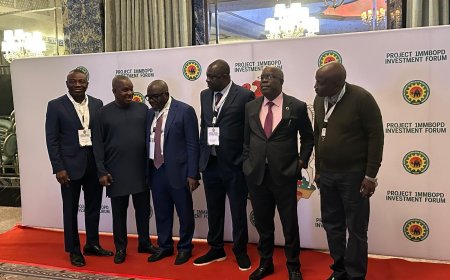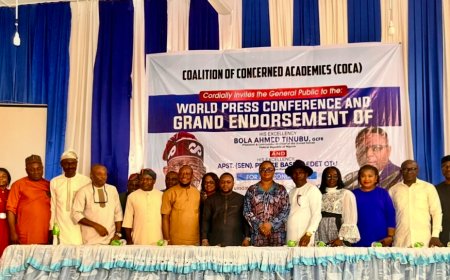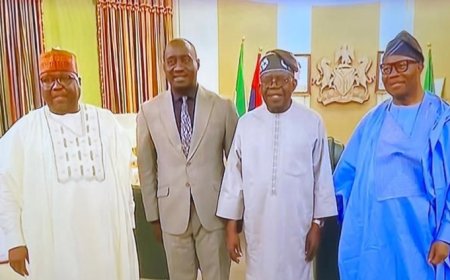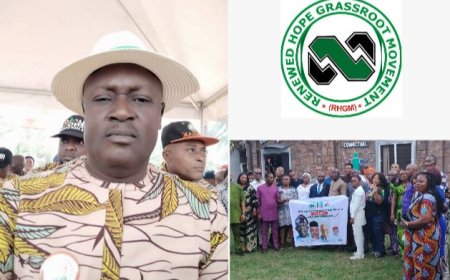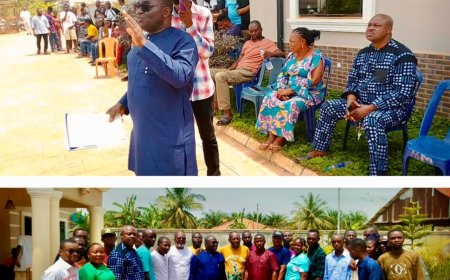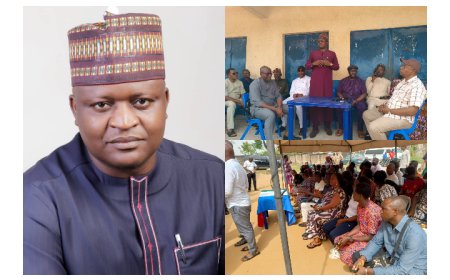SSDC, LPV Technologies Strengthen Clean Energy Partnership
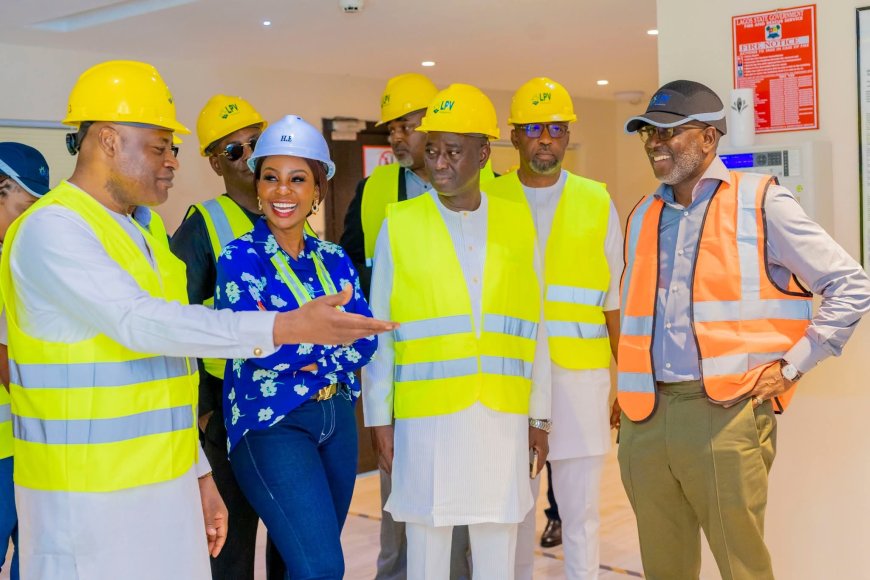
By Ekanem Asuquo
The South-South Development Commission (SSDC) has renewed its commitment to building strong partnerships that will enhance the adoption of clean and sustainable energy solutions across the South-South region.
Managing Director of the Commission, Ms. Usoro Akpabio, made this known during a working visit to LPV Technologies’ modern solar manufacturing plant in Ikotun, Lagos.
She said the initiative seeks to reverse the negative environmental and economic impacts of years of oil exploration in the Niger Delta by promoting alternative energy sources that are safe and sustainable.
According to Akpabio, the visit was part of SSDC’s broader engagement with national agencies and private sector players. It also followed earlier talks with the Rural Electrification Agency and aligns with the Federal Government’s Renewed Hope Agenda, which prioritises clean energy expansion and local content development in renewable energy manufacturing.
She noted that the Commission is stepping up efforts to promote green innovation, build local capacity in renewable energy production, and improve the living conditions of residents through environmentally responsible programmes.
Speaking after leading the SSDC delegation on a guided tour of LPV Technologies’ automated, AI-driven solar production facility, the company’s Chairman, Mr. Nzan Ogbe, described the collaboration as a major step toward addressing environmental challenges through clean energy solutions.
He said the facility represents a milestone in Nigeria’s renewable energy manufacturing capacity.
Mr. Ogbe commended SSDC for its proactive development agenda and pledged LPV Technologies’ full cooperation in expanding access to clean and affordable energy across the South-South.
“Our mission at LPV Technologies is to make Nigeria the leading hub for solar manufacturing in Africa,” he said. “Through this partnership with SSDC, we will drive rural electrification, empower young people with solar technology skills, and reduce reliance on imported components.”
Key outcomes of the engagement include plans to establish logistics and distribution hubs across the South-South to enhance access to renewable energy. Both organisations also agreed to collaborate on youth training and skills transfer programmes to boost employment and build technical expertise in solar technology.

